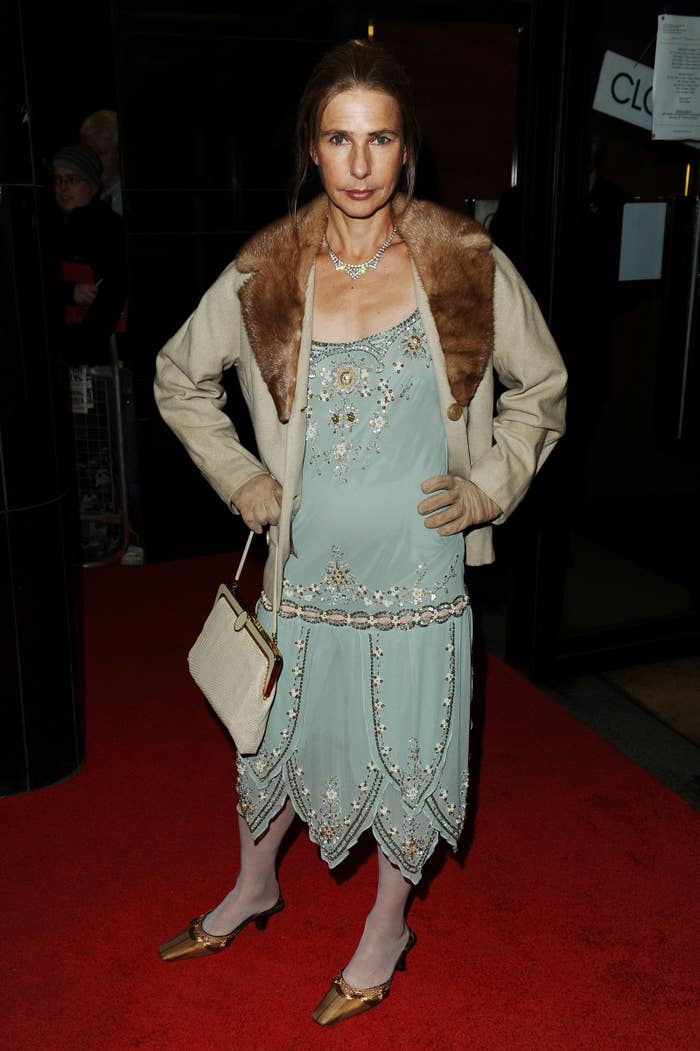Just 20 minutes into American author Lionel Shriver's keynote speech at the Brisbane Writers Festival on Thursday night, mechanical engineer and memoirist Yassmin Abdel-Magied walked out, unable to listen to another word of what she described as a "poisoned package wrapped up in arrogance and delivered with condescension".

Some were offended by the address for poking fun at political correctness, seeking to undermine the notion of cultural appropriation and defending "the right for writers to offend".
Abdel-Magied penned a Medium piece about why she walked out which went viral and was later republished by The Guardian.
The festival held a "Right of Reply" event on Saturday night where Abdel-Magied, South Korean-born American investigative journalist Suki Kim and Sri Lankan-born writer Rajith Savanadasa responded to Shriver's speech.
Here's what they said...
Lucky to see @yassmin_a @RajithSHS & Suki Kim on responsibility, respect & the weight of context in writing #bwf16
Abdel-Magied, who said Shriver's speech was a "celebration of the unfettered exploitation of the experiences of others", asked: "don't I get to say what my identity is and what is offensive to me?"
"If I went around saying the Anzacs were kind of rubbish... I would get crucified, I mean look at me, I'm a brown Muslim woman," she said.
"But everything I deem as sacred is fair game."
In her speech, Shriver defended the fact a white British writer should be able to write a novel from the experience of a young Nigerian girl.
But Sudanese-Australian Abdel-Magied said fiction did not "exist in a vacuum" and to ignore context - where white male narratives were most often told - was "irresponsible".
"It would be cool for everyone to write whatever character they want when everyone gets the chance to write whatever character they want."
Savanadasa, whose book Ruins is set in Sri Lanka in 2009 when the civil war ended, said people of colour should "push back" against Shriver's assertion that "identity is a construct" by "owning" their culture.
"I'm going to stop being ashamed of the language that I speak or my accent or my skin colour and I'm going to own it," he said, detailing how he deliberately left Sinhalese and Tamil words in his book for this reason.
Kim, the only writer ever to live undercover in North Korea, said her bestselling literary nonfiction book, Without You, There Is No Us: Undercover Among the Sons of North Korea's Elite was dismissed as a travel "memoir" like "Eat Pray Love" because of her background.
The field of investigative journalism is predominantly white, and male. Authority was all about the white gaze. - @sukisworld #bwf16
"The authority on this topic are all white journalists and there are defector accounts but they are really victim confessions... a memoir sticker went on the cover [of Kim's book]," she said.
"I think it is because of skin colour and gender."
One questioner asked the panel what it meant to be "responsible to your subject matter" when writing fiction.
Kim responded that although the "freedom and beauty" of fiction is that it is "made up", it is still "rooted in reality and history".
As an example, she explained that if an author was to write an Asian character, it would be fictitious but the concept of "Asian-ness" would not be.
"That can either be a characterisation that you create with freedom and beauty and empathy or you're doing yellow face because there is a history of that."
